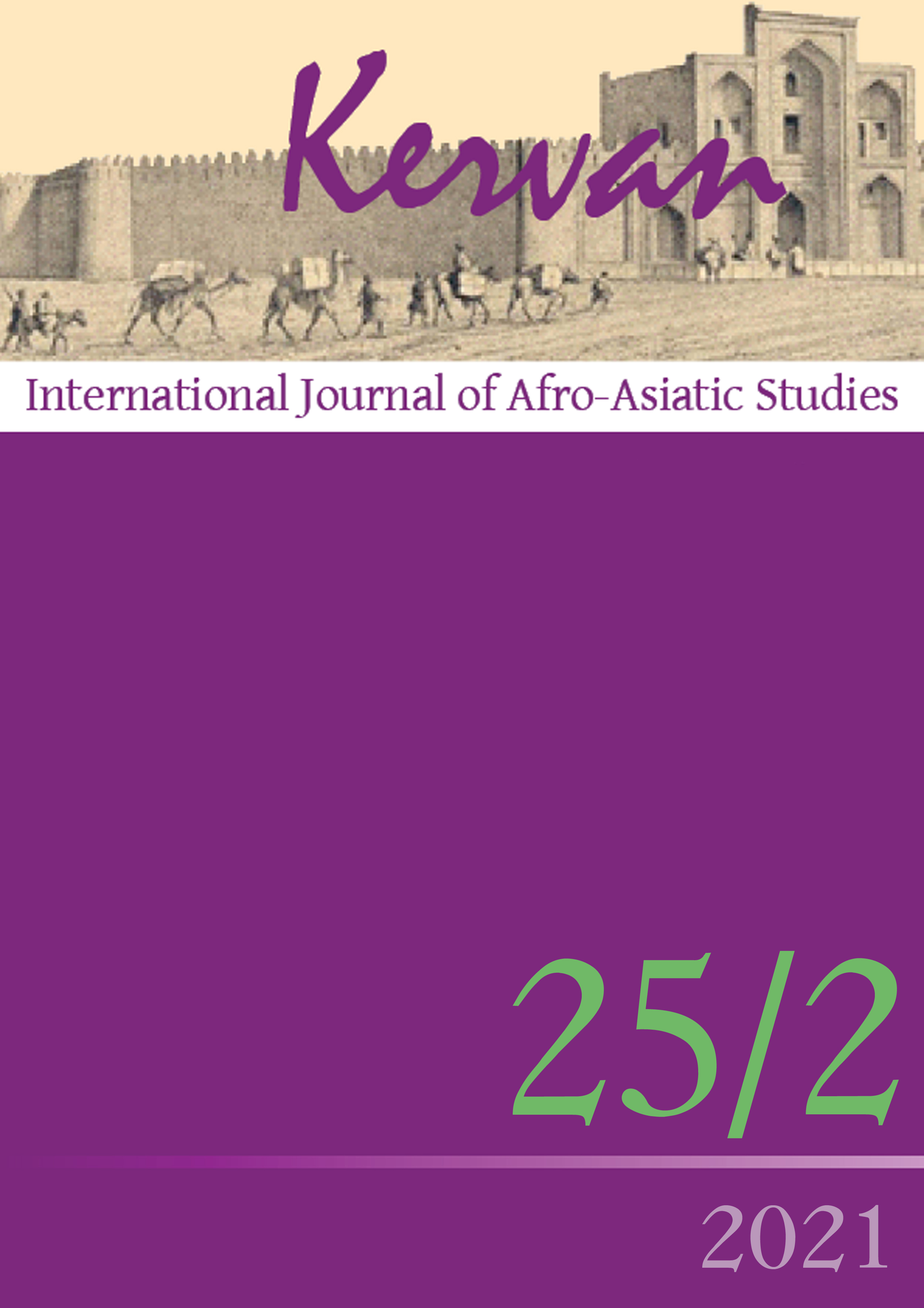Modi e il Mahatma: la manipolazione del messaggio e della figura di Gandhi nel discorso politico del primo ministro indiano
DOI:
https://doi.org/10.13135/1825-263X/6249Abstract
This article analyses the intriguing relationship between Narendra Modi and Mohandas Karamchand Gandhi. Since Modi's beginnings as Chief Minister of Gujarat in 2001, Gandhi's image and discourses have been a constant reference in the BJP leader's political rhetoric. Through an analysis of Modi's discursive landmarks and of the recurrent themes in his propaganda, this article explores the way Modi has juxtaposed himself to the figure of the Mahatma. It suggests that Gandhi played a central role in the construction of an imagery of India based on a partial and stereotyped reading of the past, functional to claim for himself and for the country a role of moral leadership in the global world. In this framework, the omnipresent Gandhi in Modi's discursive and visual rhetoric has become a political seal to disguise an exclusivist politics, intolerant of dissent and closed to diversity and dialogue.
Downloads
Downloads
Published
Issue
Section
License
Gli autori che pubblicano su Kervan accettano le seguenti condizioni:
- Gli autori mantengono i diritti sulla loro opera e cedono alla rivista il diritto di prima pubblicazione dell'opera, contemporaneamente licenziata sotto una Licenza Creative Commons - Attribuzione che permette ad altri di condividere l'opera indicando la paternità intellettuale e la prima pubblicazione su questa rivista.
- Gli autori possono aderire ad altri accordi di licenza non esclusiva per la distribuzione della versione dell'opera pubblicata (es. depositarla in un archivio istituzionale o pubblicarla in una monografia), a patto di indicare che la prima pubblicazione è avvenuta su questa rivista.


 The articles that have appeared on Kervan since 2016 are rated as Class A in the system of National Scientific Qualification (ASN, disciplines 10/N1 and 10/N3).
The articles that have appeared on Kervan since 2016 are rated as Class A in the system of National Scientific Qualification (ASN, disciplines 10/N1 and 10/N3). The journal has been approved for inclusion in DOAJ. The DOAJ listing of the journal is available at
The journal has been approved for inclusion in DOAJ. The DOAJ listing of the journal is available at  The journal has been approved for inclusion in ERIH PLUS. The ERIH PLUS listing of the journal is available at
The journal has been approved for inclusion in ERIH PLUS. The ERIH PLUS listing of the journal is available at  Kervan was just accepted for indexing in SCOPUS. This important milestone ensures that articles published in Kervan are easily found when searching for library, archives and Information science and it enables Kervan authors to keep track of how often their article has been cited by others.
Kervan was just accepted for indexing in SCOPUS. This important milestone ensures that articles published in Kervan are easily found when searching for library, archives and Information science and it enables Kervan authors to keep track of how often their article has been cited by others.
